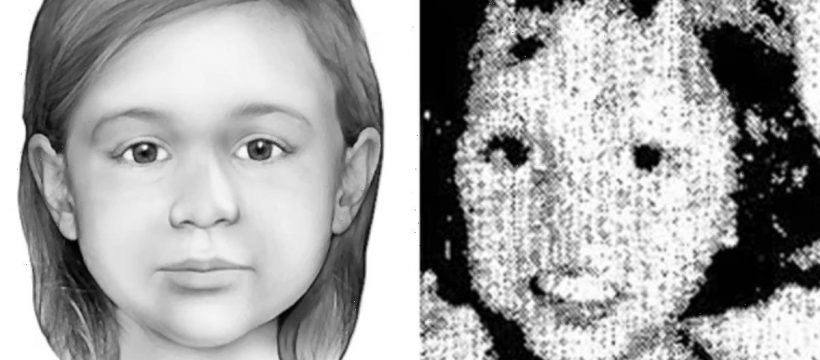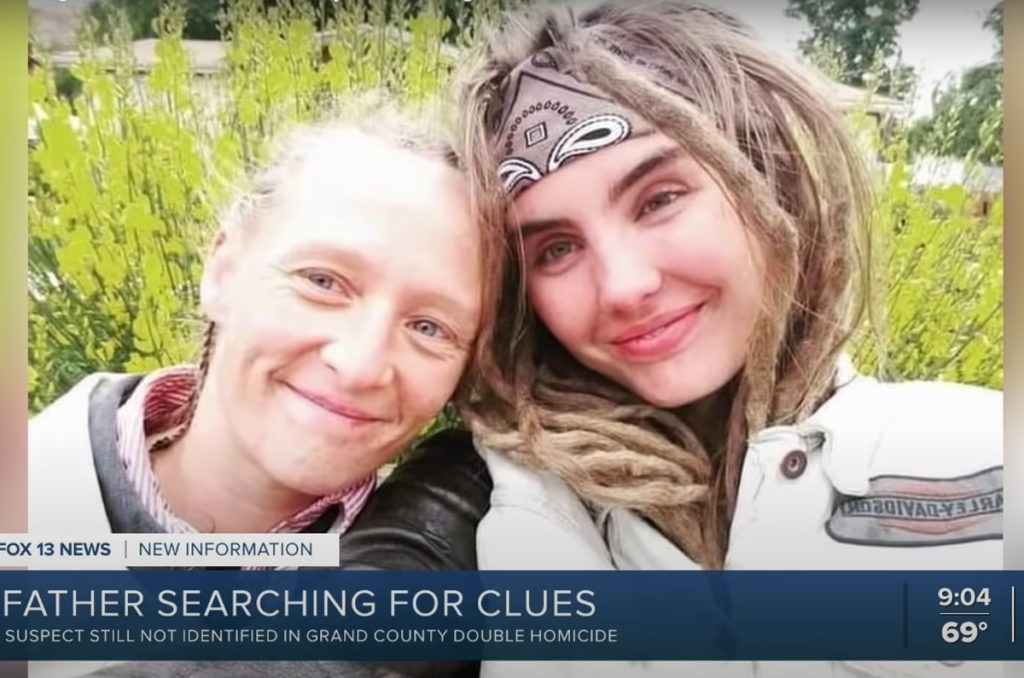Another long-running mystery has finally been solved!
60 years ago, the burned and decomposed body of a young girl who became known as “Little Miss Nobody” was found by a teacher in a desert. Alongside the young girl’s remains were several clues, including a pocket knife and two sets of footprints that police believed were hers and her killer’s.
At the time, the DNA and forensic technology to make an ID didn’t exist. Fast forward six decades, however, and officials were easily able to identify the victim as Sharon Lee Gallegos.
According to the National Center for Missing & Exploited Children, Gallegos was abducted while playing in her grandmother’s backyard in Alamagordo, New Mexico, on July 21, 1960, and taken by “a couple who had been stalking her.”
Gallegos’ nephew, Ray Chavez, thanked everyone for not giving up during a press conference on Tuesday, sharing:
“Thank you for what you’ve done for us, thank you for keeping my aunt safe and never forgetting her. It’s still sinking in.”
The cold case warmed up in 2014 when investigators came across the victim’s file while working on an unrelated case. Her skeletal remains were exhumed in 2015 and were sent to several forensic labs from 2016 to 2021 before the Yavapai County Sheriff’s Office teamed up with cutting-edge Texas genealogy lab Othram at the end of 2021. In February, Othram returned with an ID.
Kristen Mittelman, Othram’s Chief Business Development Officer, told The Sun on Wednesday this was an “easy case” because there was a lot of DNA left — which isn’t typically the case. She shared:
“There are so many times that the DNA sample has been consumed or treated wrong with methods that don’t work and used up.”
Because Othram’s in-house experts makes the “extractions cleaner and better,” they were successfully able to extract a sample from the remains.
Mittelman said this was the fourth cold case Othram solved in the last seven days, noting:
“We are the most advanced lab in the country. We have the technology to solve more cold cases but not the funding.”
While it costs about $5,000 to solve a case, Mittelman said more time was spent on writing the brief and raising the funds using DNAsolves.com than using the science to ID the victim.
She explained:
“The science isn’t the limiting the part anymore. That’s what’s exciting. We have the technology to clear cold case backlogs across the country. It’s not a science fiction movie. It’s a reality. People won’t have to wait decades to get answers.”
The biggest hurdle for the lab is money to solve more cold cases, according to Mittelman, who said that there’s “no better feeling than identifying someone and piecing a family back together.”
Although there’s still no suspect in this case, police have more to work off of now that they have a name.
Yay, science!
Related Posts
Source: Read Full Article





